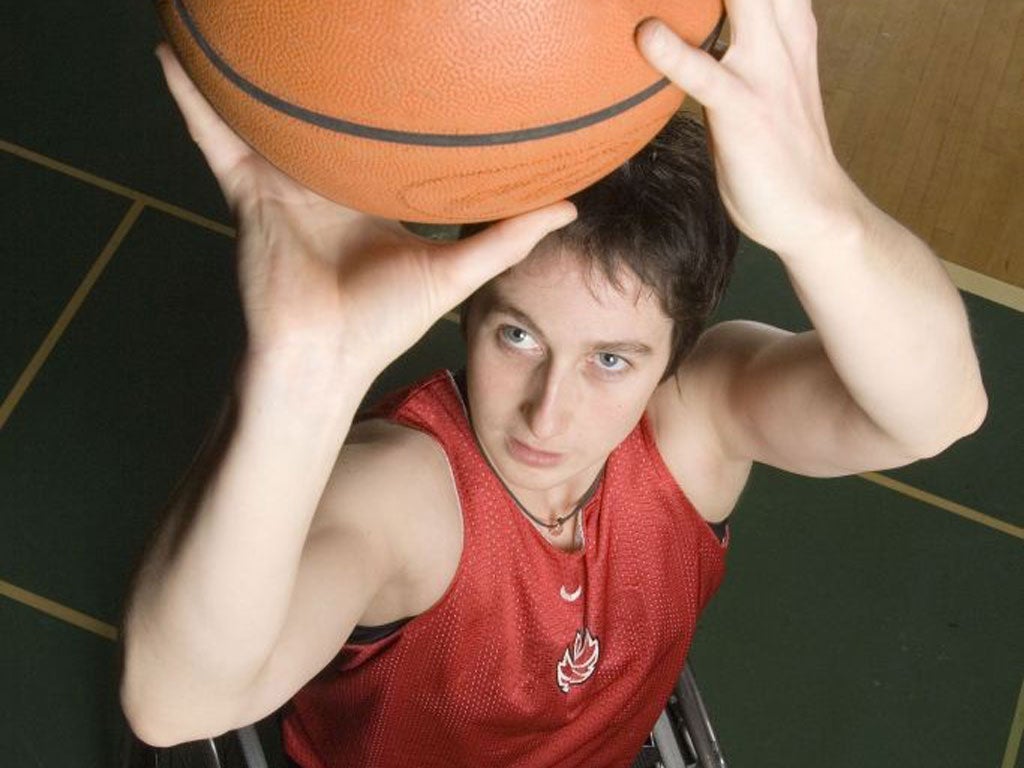Paralympics sold like a 'freak show', says coach

To speak of the Paralympics in the same breath as the 19th-century freak show is a guaranteed way to shatter the celebratory mood of recent days. And when the comparison comes from a Paralympic athlete who won bronze at Athens and still coaches, it's downright confusing.
But Danielle Peers, a member of the medal-winning Canadian wheelchair basketball team in 2004, and world champions in 2006, is impenitent. Currently researching a PhD on disability, sport and human rights at the University of Alberta, she is deeply committed to her sport and was inducted into Wheelchair Canada's Hall of Fame last year. "I think Paralympic sport is fabulous," she told The Independent on Sunday.
So what's the problem? It's the way the Games have been sold, she says. With the intention of "creating more profitable versions of the Games", the marketing people have "drawn from the specific structures, stories and techniques of the freak show".
We think of the freak show as a fairground entertainment long consigned to the past, but Peers says the same spectacle of deformity was transferred to travelling medical shows, often using the same people. "The same bodies from the freak shows were often taken on as legal medical charges by doctors, who would tour with them, and people would come to see them – but now the doctors were telling medical stories about them."
And the promoters of the Paralympics risk appealing to the same "gawking" tendency when they focus on the "tragic" bodies and back-stories of "deformed" heroes, instead of their athletic achievements.
"If you look at the video that's gone viral on 'superhuman Paralympians', right in the middle they cut away from the sport and show a car flipping and a pregnant woman looking worried. They are always referring back to the idea that disability is this tragic, horrible thing in our bodies."
And this emphasis on how disabled people are different from everybody else, she says, reinforces the old attitudes and prejudices. "Focusing on bodies as the root of disability is like seeing racism as a problem of skin colour.
"In 100 articles about the Paralympics, 90 will tell you some tragic and often brutally spectacular story about how they've become 'deformed'. If they are athletes, why is that the most important thing you have to say about them? It is as if you can't talk about Paralympians without bringing in the imagery of deformity."
But disability, like racism, is in the eye and mind of the beholder. And while a handful of superb athletes are put on a pedestal, the grinding lives of the majority go on as before.
Join our commenting forum
Join thought-provoking conversations, follow other Independent readers and see their replies
Comments
Bookmark popover
Removed from bookmarks